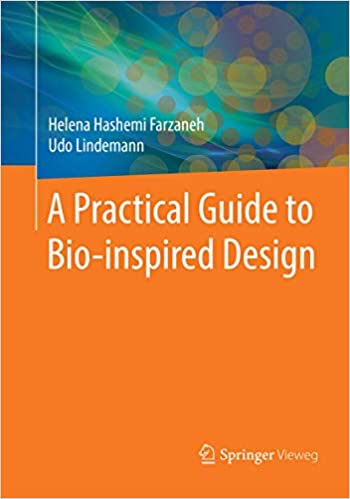Bio-inspired design (also called biomimetics or biomimicry) is a promising approach for the development of innovative technical products – not only in mechanical engineering, but also in areas such as material science and even computer engineering. Innovations such as humanoid robots or multifunctional materials have shown the potential of bio-inspired design. However, in industrial companies, bio-inspired design remains an “exotic” approach which is rarely used in innovation practice. One reason for this is a lack of knowledge on how to implement bio-inspired design in practice. Therefore, this guide book was written to explain the application of bio-inspired design methods and tools. The target groups are professional engineers and biologists, as well as students of both disciplines.The book presents a selection of methods for specific activities in bio-inspired design, namely: planning a bio-inspired design project, abstraction, search, analysis and comparison, and transfer of analogies. Factsheets give an overview of each method, its advantages and challenges, and its suitability for different bio-inspired design approaches and scenarios. To facilitate understanding, all methods are explained with the help of the same example. In addition, ten best practice examples show the practical applicability of bio-inspired design.

